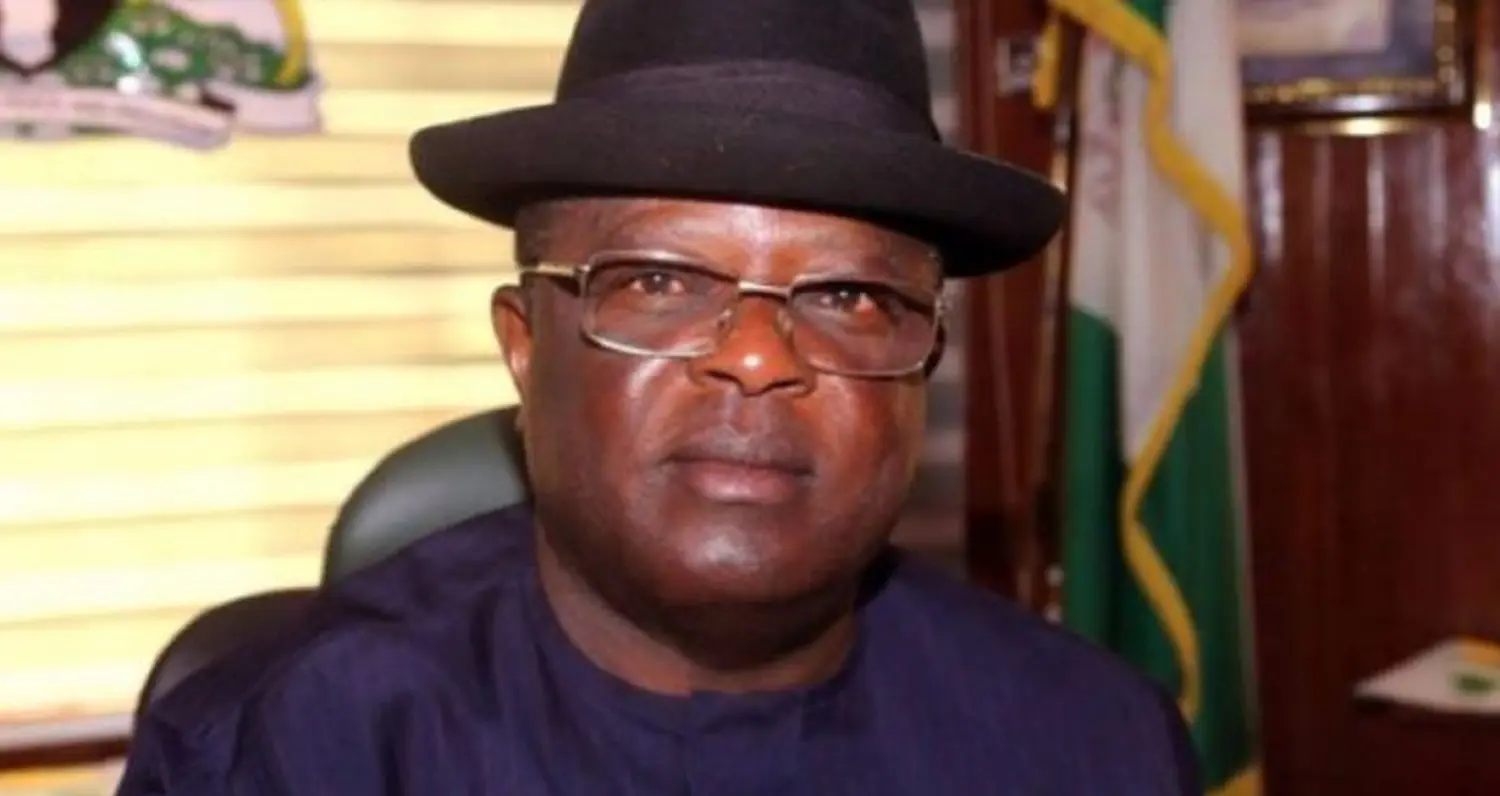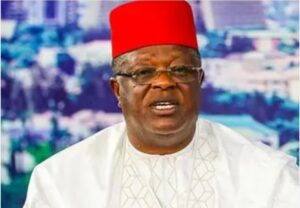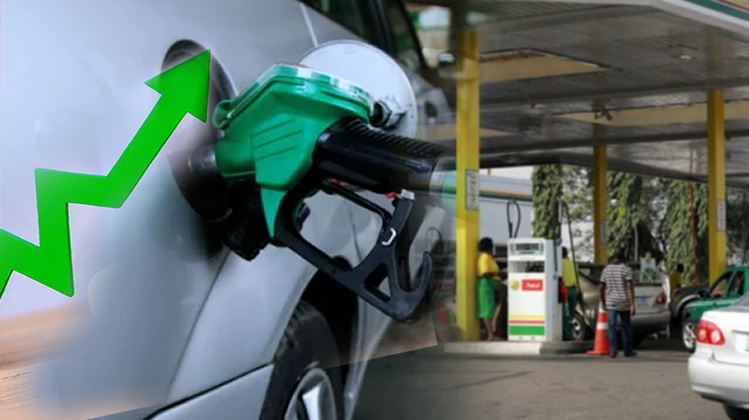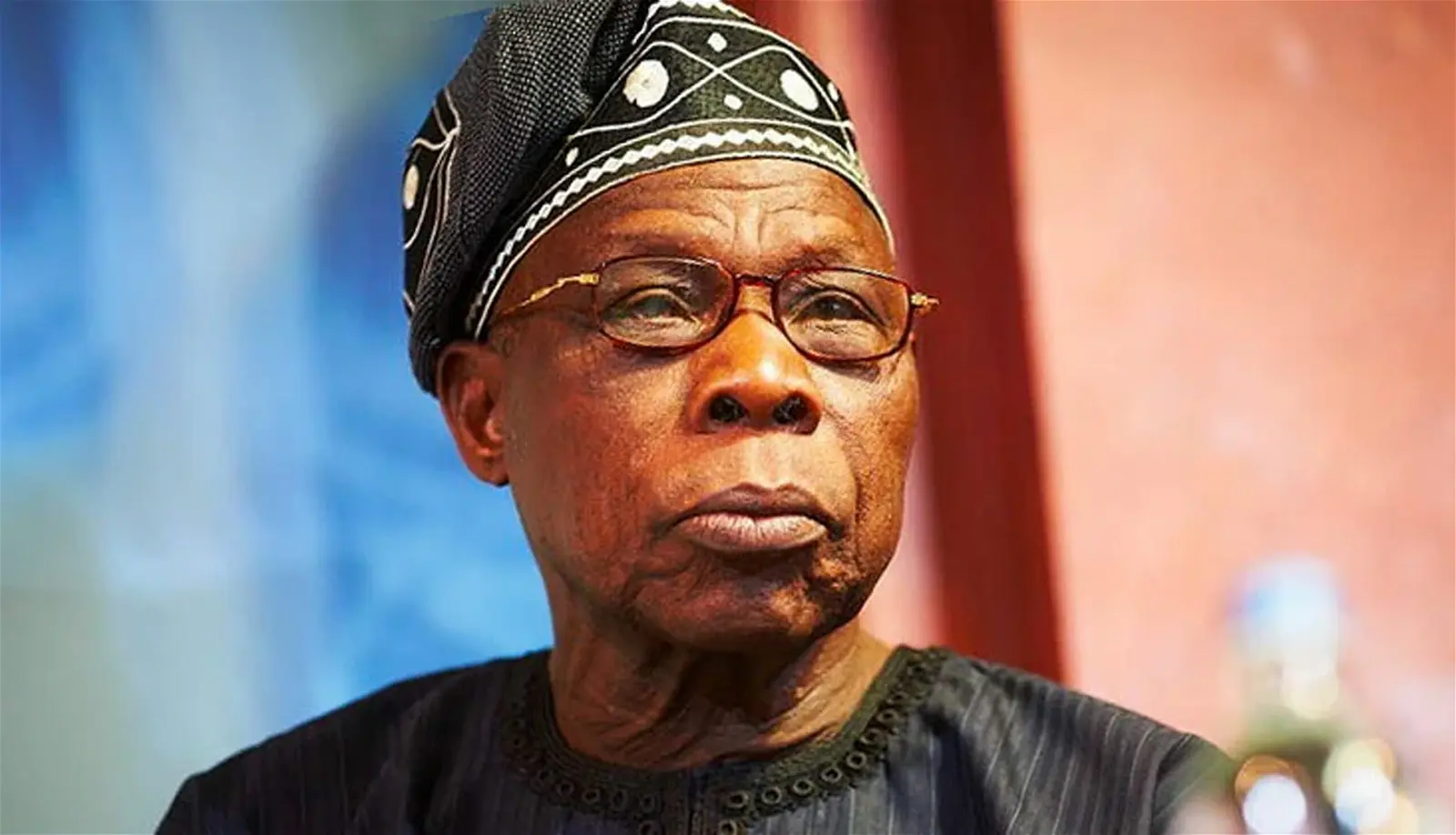Landowners sue FG over Lagos-Calabar Coastal Highway

The Federal Government has insisted that it would continue construction of the 700km Lagos-Calabar Coastal Highway despite ongoing court cases filed by aggrieved persons against the project.
The Minister of Works, David Umahi, stated this at a press briefing on Thursday in Abuja while addressing serious concerns about the project’s procurement process that led to court proceedings by landowners.
He stated that the N15.36tn coastal highway, which will be built on concrete pavement, received all necessary legal and procedural requirements before it commenced construction.
The coastal highway has been a subject of public scrutiny and controversies since the government commenced construction in March 2024.
In May, Umahi disclosed that 750 houses on the path of the highway had been marked for demolition.
However, owners of affected property were displeased with the government compensation, claiming it did not match their investments.
According to them, the compensation is grossly inadequate and there is the need for the government to review the payment.
The founder of Leisure Games, Olanrewaju Ojo, who got N1.3m compensation, told The PUNCH that the amount was what he could generate in a week.
He said, “This is ridiculous! What am I supposed to do with this? I will make this in a week.”
Stakeholders and experts also condemned the road procurement process, stressing that the contract awarded to the construction company was shrouded in secrecy and bypassed the proper procurement process.
The project, designed to connect Lagos to Cross River, passes through the coastal states of Ogun, Ondo, Delta, Edo Bayelsa, Rivers and Akwa Ibom, before culminating in Cross River. It is crucial for enhancing connectivity and boosting economic activities along Nigeria’s coastal region.
The road is expected to cost N4bn per kilometre, with the government awarding contracts for two sections of less than 100km at a total cost of N2.46tn.
Umahi also said the legacy project would be delivered in eight years.
However, this timeline may not be achievable as the minister hinted that the delay would affect the overall project delivery and increase its cost.
During the press briefing organised to mark his first anniversary in office, Umahi reiterated the Federal Government’s commitment to completing the project, asserting that all legal and procedural requirements were followed.
“We are paying compensation. We are following the corridor’s right of way. We are following the corridor that is legally allowed for the Federal Government,” he stated, while dismissing claims that the project lacked proper authorisation.
“That is the beauty of democracy, and under the guise of democracy we have some fraudulent individuals who want to rip where they did not sow. We have not just one court case, we have over six, but we are equal to the task.
“They want to socket their pipes and that is all that they are doing. We are paying compensation.”
Expressing his confusion over the lawsuits, Umahi added, “And so, we don’t know what they are taking to court.”
He added that the project’s procurement process was above board, having been approved by the Federal Executive Council under the Restrictive Procurement Act.
“My Permanent Secretary is a procurement expert, and I have a very good Department of Public Procurement and good directors, but the project was approved by the Federal Executive Council under restrictive procurement,” he stated.
Umahi also defended the project’s cost, countering comparisons to other international projects.
“I’ve had to run even the cost of the project at N4bn per kilometre. And yet, people still come to say, ‘oh, this number of lanes in Egypt is N1.8bn. And it is 300 kilometres,’” he said, criticising those questioning the project without sufficient understanding.
The minister confirmed that all environmental social impact assessments had been completed and that the project was included in the 2023 supplementary appropriation.
“We have ESIA certificates on the project. That’s number one. Number two, was the project listed in the appropriation list? The project is in the 2023 supplementary appropriation. The project is ongoing. But the more you take us to court, the more we increase the price of work,” he noted.
Addressing those attempting to obstruct the project through legal means, the former Governor of Ebonyi State said, “If they want to unduly benefit from the project by going to court, they are wasting their time. I fought many battles as governor of my state. And so, my name is David and I’m not afraid of bad people.”
Umahi announced that no new project would be included in the 2025 budget unless directed by President Bola Tinubu, adding that instead, the government would focus on completing existing projects and intervening in critical areas such as roads and infrastructure.
“We need to fix the weak links immediately. If the road is bad, we need to fix it immediately,” Umahi emphasised.
The minister further highlighted initiatives aimed at ensuring value for money in government projects, including the removal of the Consumer Price Index from all contracts and the introduction of inflow pricing.
“We are committed to giving the government value for money spent on the projects,” he added.
Additionally, Umahi outlined the ministry’s new four-way project provision, which mandates that four field staff be on-site to monitor project execution.
This will be complemented by mission planning, where stakeholders, including communities, road users, and other actors, will be engaged to monitor works and report any poor quality. “Engaging communities where the projects traverse is crucial,” Umahi noted.
He also acknowledged challenges related to funding, stating, “We have challenges,” and pointed out that the ministry’s allocation of N52bn for capital projects was inadequate for maintaining the 36,000km federal roads network.
Despite these obstacles, Umahi expressed optimism, introducing the second phase of the highway development initiative under a Public-Private Partnership scheme.
“The introduction of the new road infrastructure forecast provides a sustainable source of finance for road projects,” Umahi said, adding that the government had created a conducive atmosphere for tolling Nigerian roads with approvals from the Infrastructure Concession Regulatory Commission.
The Punch
| Join our new WhatsApp community! Click this link to receive your daily dose of NEWS FLASH content. We also treat our community members to special offers, promotions, and adverts from us and our partners. If you don’t like our community, you can check out any time you like. |












